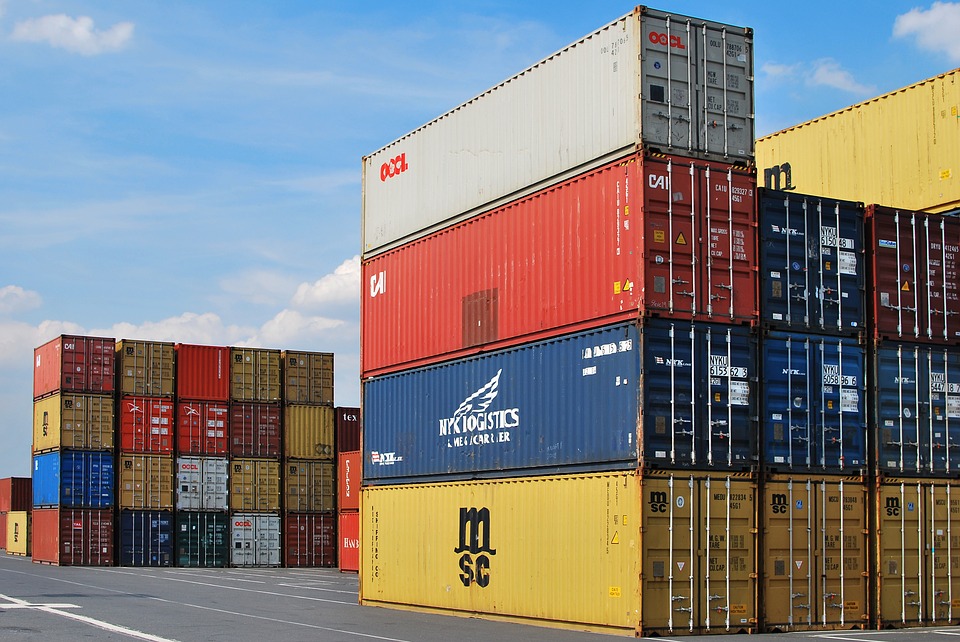Western eyes tend to scrutinize Turkey as one of the few truly secular states in the Middle East; even though Turks themselves would like to think of themselves as more European than Middle Eastern—and certainly NOT Arab. With the recent Turkish elections, many have harbored fears that the secular stronghold in Turkey may become increasingly more vulnerable to abuse by those who would see religion given a more prominent place in the public square. Concerns were voiced that the democratic system may ultimately destroy itself much the way it has in the Gaza Strip, with the democratic election of Hamas—a decidedly non-democratic regime.
However, Joshua Treviño over at the National Review argues that Turkey, and the world, are a better place with the re-election of PM Recep Tayyip Erdogan of the Islamic Justice Party over more secular, nationalistic, opponents:
The baleful effects of [secular] nationalism are on display today. Religious freedom is severely restricted, and the country has a history of outright prohibition of missionary activity. As previously noted, the Turkish state actively seeks to eliminate the patriarch, senior bishop of the world’s Orthodox Christians, […] The slow ending of an ancient Christian institution may seem, in the modern media narrative, an ambition of Islamists, and perhaps it is: but the responsibility here is squarely on Turkey’s Kemalist heritage, and its legacy of nationalist paranoia.”
Mustafa Kemal, more widely known as Atatürk (meaning “Father of the Turks”), is quite literally the founder of modern-day Turkey, the father of Turkish nationalism, and is responsible for a wide-range of radical reforms meant to separate the country from its Islamic, Arab, and even Ottoman ties. He is noted for, among other things:
- changing the Turkish alphabet from Arabic script to Latin letters
- banning the wearing of the fez (traditional male headgear) in public places, as well as strongly “encouraged” the adoption of Western style clothing and fashion in order to distance the Turkish national identity from anything more traditional and religious
- banning the use of ethnic terms such as Kurd, Circassian, and Laz
- expelling many Greeks in 1923 in an attempt to create a homogenous Turkish identity, and paving the way for the later pogrom in Istanbul in the 1950s
Respected historian Bernard Lewis, in his concise The Middle East: A Brief History of the Last 2,000 Years, calls Atatürk “the master of social symbolism” and points out that he “was not pursuing the idle caprice of a despot when he decreed that the fez and all other forms of traditional male headgear must be abandoned and European hats and caps adopted in their place. This was a major social decision, and he and those around him knew perfectly well what he was doing.”
The secularism of modern Turkey is founded on an intolerance at least as systemic, toxic, and unrelenting as that of the most devoted Islamicist. It is this sort of heavy-handed secular reformation of a nation that is more dangerous to Turkey and to its friends in the West than even an explicitly Islamic society.
Login to read more
Sign in or create a free account to access Subscriber-only content.
